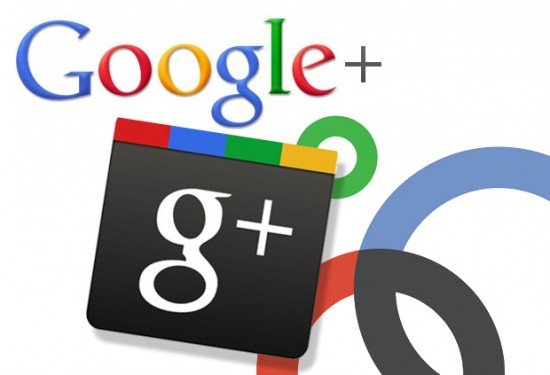https://20899921.fs1.hubspotusercontent-na1.net/hubfs/20899921/Imported_Blog_Media/google-plus-1-Jul-25-2022-10-46-57-74-AM.jpg
As originally published in the National Law Journal: Shortly after Google+ was launched, I warned people not to jump on the bandwagon, because the platform hadn’t quite figured out what it was, other than an attempt to unseat Facebook. [See “Why You Can Ignore Google+, For Now,” Sept. 10, 2011. ] People were happy with Facebook and weren’t looking for an improved version.
Why does this matter to lawyers and their clients? At a very basic level, it means that creating a Google+ account is one less thing to worry about. On a big-picture level, that Google+’s massively expensive attempt to compete fell short demonstrates that Facebook is here to stay. For years we’ve seen articles proclaiming, “Facebook is dying among teens,” or “This may be it for Facebook.” The truth is, the platform isn’t going anywhere, for two reasons:
• 1.4 billion people are on Facebook. Mashable recently compared Google+ to the flashy bar that isn’t attracting the hoped-for crowds. Facebook isn’t perfect, but packs a massive network effect.
• Facebook is useful. Do you have family members out of town whom you don’t see very often? Would you like to have more contact with most important people in your life? Facebook helps you do this, while filtering out people or content you aren’t interesting in.
Google+ failed because it tried to be Facebook+. It was trying to do what was already being done, but a little bit better. This is not good strategy, but how many law firms are making the same mistake, trying to be Skadden+ or DLA Piper+?
In his book “Good to Great,” Jim Collins argues that we need to find the one thing we can truly be the best at. For law firms, this doesn’t mean competing in the exact same practice and industry areas that the No. 1 firm owns. It makes far better strategic sense to strive to become No. 1 at something else — in a practice area or industry where they can dominate.
With some of the most brilliant engineers in the world, just imagine what Google could have done rather than try to build a slightly better Facebook. Maybe those engineers could have cured cancer, built a hotel on the moon or invented a cure for world hunger. OK, all of those are crazy, but so is the amount of money Google+ spent trying to do something that was already being done well. Don’t make that same mistake with your firm’s strategy.
Facebook — and Twitter and LinkedIn, for that matter — are here to stay. They are popular because they are useful and contain massive populations of people you want to connect with. Google+ hasn’t passed that test. And if your firm learns from Google’s mistakes and aims to be No. 1 where your competitors aren’t, you might be around until some decade far distant even Facebook has been dethroned.

